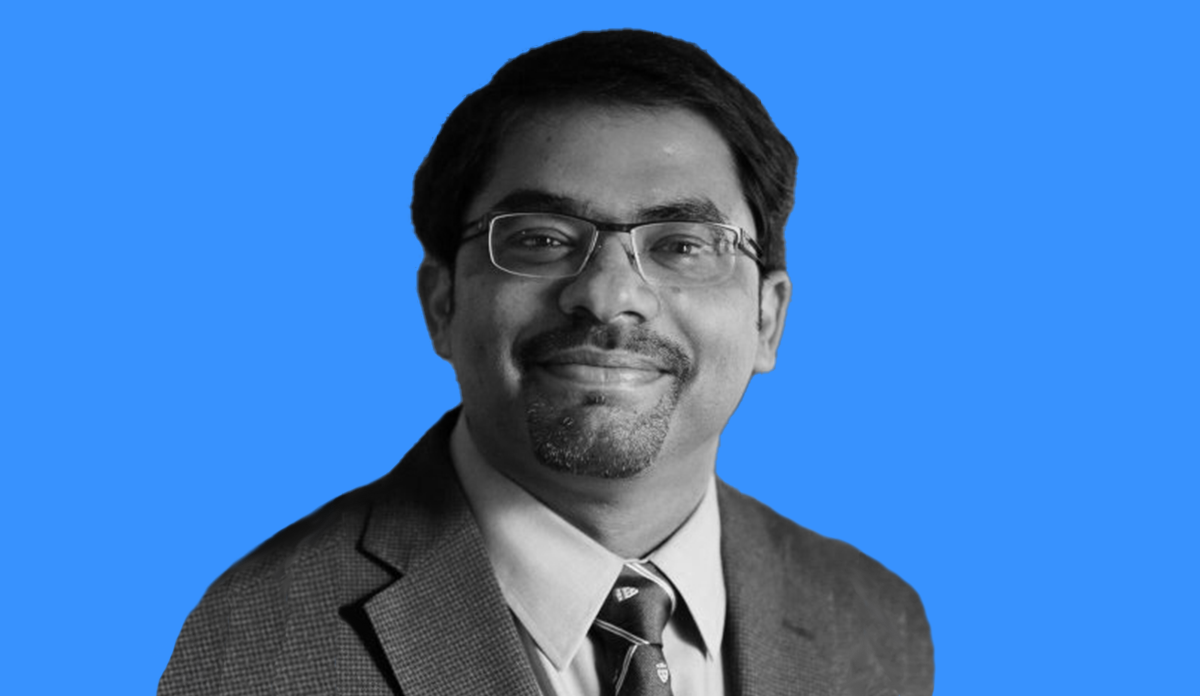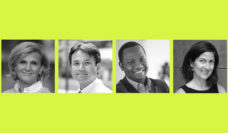Public Health Post: You have a remarkable background in the field of global health. Can you tell us about your journey and what initially drew you to global health?
Madhukar Pai: I was once called a ‘double agent’ because I grew up and trained in India, but now do global health research and teaching in Canada. I think it was meant as a compliment (I hope!) to suggest that someone like me understood global health from both perspectives.
As I have written elsewhere, global health is a natural draw for double agents, but we worry about being complicit in maintaining the power asymmetries inherent in prompting us to address these disparities in our lives as double agents. Over the past several years, I have seen very serious inequities within the field of global health, and the pandemic really opened my eyes to the devastating consequences of these inequities. So, today, I am more vocal about the structural inequities within the field of global health.
Regardless of where I began my life, today, as an established academic in the Global North, I see myself as being very privileged, and I am looking for ways to spend my power and privilege and walk the path of allyship in global health.
Given your involvement in global health leadership roles, how do you see the concepts of decolonization and power-sharing playing a role in reshaping academic global health?
For any meaningful change to happen, we need to de-center global health away from people and countries with the most power and privilege. It is time for people in the Global South to claim the seat they have historically been denied at the global health decision-making table. It is time to abandon the archaic, unfair, and unfit charity, saviorism model of global health, and work towards a new model, one that is rooted in justice, equity, human rights, and self-determination.
I worry that terms like ‘decolonization’ are being used lightly in Global North institutions. As I have written elsewhere, we must not confuse initiatives such as diversity, equity and inclusion (DEI) with decolonization. Also, most organizations, I fear, are still talking about decolonization and DEI without any meaningful structural changes to shift power.
What do you envision academic global health should look like ten years from now? Are there specific changes or developments you anticipate in the field?
I think academic global health in the Global North has a long way to go in terms of how we teach the subject. During the pandemic, I made major changes in how I teach. In a recent article, I worked with several global health teachers to suggest how we can use COVID-19 as a teachable moment and use it to focus on equity and human rights as a central theme in the field. We suggested that academic courses must cover the importance of understanding racism and white saviorism in global health, and include content on power, privilege, anti-oppression, anti-racism and allyship. We also recommend including content on coloniality in global health and the persistent power asymmetries that affect every aspect of the field. Global health simply cannot be taught as an apolitical field.
We believe that global health courses must center on Black, Indigenous, and people of color (BIPOC) scholars and individuals working and living within their impacted communities. They elevate our courses with their authenticity, credibility, and lived experience. Lastly, we must encourage students to consider the glocal model and address health inequities even in high-income nations.
As the editor-in-chief of PLOS Global Public Health, you play a significant role in shaping global health discourse. Can you share some specific initiatives or strategies you’ve implemented to promote equity, diversity, and inclusion within the journal and the global health community?
We launched PLOS Global Public Health with a clear mission: to address deeply entrenched inequities in global health. Equity, diversity, and inclusion are core to the journal’s mission, right from the leadership level. Catherine Kyobutungi (APHRC, Kenya) is my fellow editor-in-chief, and Julia Robinson is our executive editor.
There is growing awareness of how global health perpetuates epistemic injustice and tends to privilege scholarship from the Global North. Over the past two years, we have worked very hard to amplify the voices of underrepresented and historically excluded communities. We are very deliberate and intentional about equity, diversity, and inclusion at all levels–editors, editorial boards, peer reviewers and authors. Recently, an independent group ranked our journal as one of the world’s most diverse and inclusive global health journals.
Pai recently spoke at Boston University School of Public Health on the ongoing challenges of global health and what the field can do to create a stronger future for all. View the conversation here.
Photo provided














